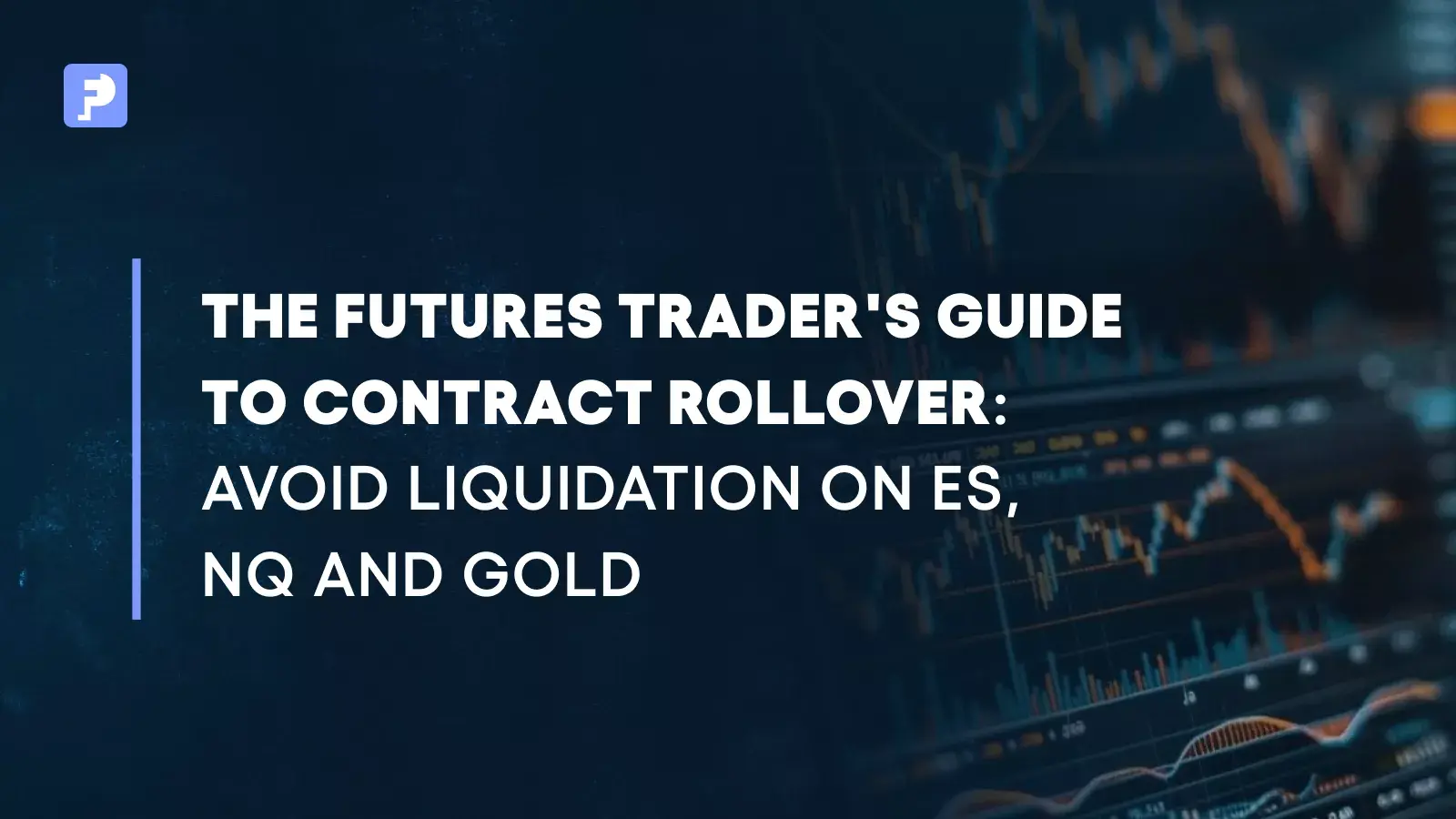
Proprietary Futures Trading in the UK: What You Need to Know in 2025
Why UK Traders Are Turning to Futures Prop Firms
Many UK traders have strategies that perform well in backtesting and demo trading but struggle to scale due to limited account size. This is leading more traders to explore proprietary futures trading, a model where firms such as FunderPro provide access to capital, a clear set of rules, and structured risk controls.
This shift is not about chasing quick wins. It is about building consistency in a professional, rule-based environment.
What Is Proprietary Futures Trading?
Proprietary (or “prop”) futures trading is when a firm provides traders with its own capital to trade regulated futures contracts such as:
| Contract | Tick Size | Tick Value (USD) | Approx. Tick Value (GBP)* | Approx. Notional Value* |
|---|---|---|---|---|
| E-mini S&P 500 (ES) | 0.25 points | $12.50 | ~£10 | £158,000 |
| E-mini Nasdaq 100 (NQ) | 0.25 points | $5.00 | ~£4 | £126,000 |
| Crude Oil (CL) | 0.01 points | $10.00 | ~£8 | £63,000 |
| Gold (GC) | 0.10 points | $10.00 | ~£8 | £158,000 |
*All GBP figures are approximate, based on current exchange rates, and subject to change.
To begin, traders complete an evaluation phase, meeting profit targets while staying within set drawdown limits. Passing the evaluation leads to a funded account where traders keep a high percentage of net profits, often 80–90%.
Key trading platforms: Rithmic, NinjaTrader, Tradovate, and TradingView.
Read more: How to Get a Funded Futures Account
Why the Shift Is Accelerating in 2025
UK traders are moving towards futures prop firms for several reasons:
- Retail leverage restrictions limit growth potential.
- Futures markets provide institutional-grade data and liquidity.
- Prop funding removes the need for large personal deposits.
- US market hours align with UK afternoons, enabling part-time trading.
- Scaling plans allow traders to grow allocations into six figures.
How Futures Prop Firms Operate for UK Traders
- Evaluation Phase
- Simulated account sizes often start at £40,000 or £80,000.
- Traders aim to reach the profit target (e.g., £2,400) without breaching daily or total drawdown limits.
- At FunderPro, there are no time limits for passing.
- Funded Phase
- Traders receive a simulated account, trading under defined risk parameters.
- A high percentage of profits is retained by the trader.
- Withdrawals are available weekly or monthly. FunderPro Futures even offers daily rewards
- Scaling
- Consistent results can lead to allocations of £160,000 or more.
Read more: Risk Management in the Futures Prop Trading Market
Case Study: From Evaluation to Funded
In 2024, Tom, a trader from Liverpool, joined a £40,000 evaluation. His strategy focused on momentum breakouts during the first hour of the US session. By maintaining strict drawdown control and limiting himself to one or two trades a day, he passed the evaluation in 21 trading days.
By 2025, Tom was trading a £120,000 funded account. His best month yielded £3,200 in net profits — all while trading from home, without risking his personal savings.
This case study is for illustrative purposes only and does not guarantee similar results.
Risks and Rules to Consider
Proprietary futures trading requires discipline. Key considerations include:
- Daily loss limits to prevent significant account drawdowns.
- Consistency rules requiring balanced position sizes.
- Tax obligations — UK traders should seek professional tax advice.
- Mental focus — trading within rules can be demanding but encourages discipline.
Avoid firms that set unrealistic profit targets, impose very short pass deadlines, or lack transparency on payouts.
Choosing a UK-Compatible Futures Prop Firm
A strong firm will offer:
- No time limits for passing evaluations.
- Simulated environment that mirrors live market realistically.
- Compatibility with world-leading trading platforms such as Volumetrica, Quantower, ATAS, NinjaTrader, or TradingView.
- Transparent scaling and payout structures.
- Accessible trader support and a clear rulebook.
- Verified eligibility for UK residents.
Read more: Choosing the Right Prop Trading Firm for Futures
Conclusion: A Professional Route for UK Futures Traders
Proprietary futures trading offers UK traders a way to operate with institutional-level capital and a defined structure without risking significant personal funds. It is a professional pathway that prioritises discipline, risk management, and steady performance.
If you are ready to take the next step, FunderPro Futures offers no-time-limit evaluations, competitive profit splits, and funding up to £160,000.
Start your evaluation today and trade with structure, scale, and support.
All trading in FunderPro Futures takes place in a demo-style environment and in off-exchange futures.



